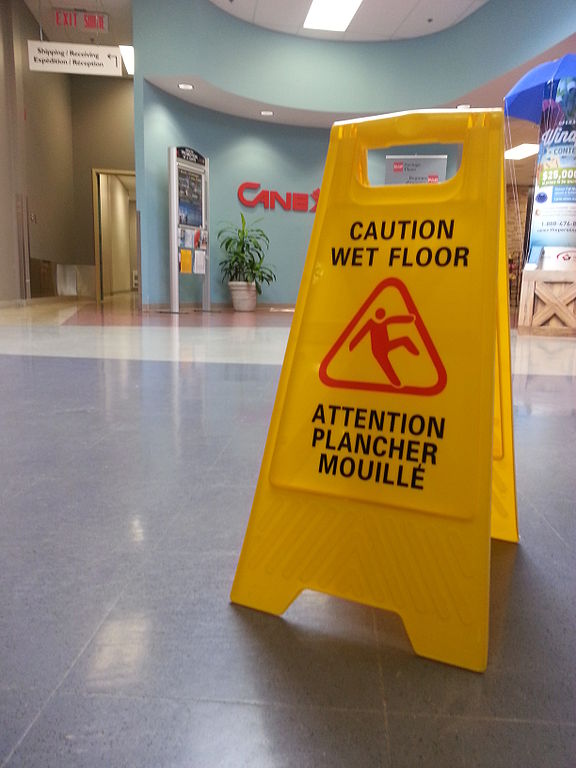 A $15 million jury award for the plaintiff in a slip and fall lawsuit understandably makes national headlines. The defendant being the Walmart corporation adds to the newsworthiness of the event. But the real story that remains worth telling about a disabling on-the-job injury to a frozen foods delivery driver is how companies often accept the risk of being sued over simply fixing problems that could seriously harm customers and workers.
A $15 million jury award for the plaintiff in a slip and fall lawsuit understandably makes national headlines. The defendant being the Walmart corporation adds to the newsworthiness of the event. But the real story that remains worth telling about a disabling on-the-job injury to a frozen foods delivery driver is how companies often accept the risk of being sued over simply fixing problems that could seriously harm customers and workers.
A Common Case With an Unprecedented Outcome
In November 2010, a civil trial jury returned what was then believed to be a record-setting verdict in a premises liability case involving a business. The lawsuit arose from an incident a couple of years earlier when, according to a report in the Denver Post, a woman who was delivering dairy and deli products to a Greeley, Colorado, Walmart store slipped on a loading dock ramp covered with a thin layer of transparent ice, used cooking oil and grease.
The fall badly injured the woman’s spine and left her unable to return to work as a commercial driver. After protracted litigation, jurors awarded the woman $5 million in compensation for her irresolvable physical impairments, $4.5 million to replace lost wages and the loss of future earnings, and $5 million for pain and suffering.
LEARN MORE
- What Is Premises Liability?
- If I Get Injured on the Job in Virginia, Is Filing a Workers’ Comp Claim My Only Option for Securing an Injury Settlement?
- When Can a Business Be Held Responsible for a Slip or Fall at Their Premises?
The portion of the award for so-called noneconomic damages like emotional distress was reduced because Colorado, where the slip and fall occurred, limits such payments to plaintiffs by law. But the rest of the jury’s verdict held.
Evidence presented at trial showed that the managers of the Walmart store knew that their deli grease traps had failed. As stated in the newspaper,
[C]ity officials had investigated a complaint about grease coming out of a manhole cover south of the Wal-Mart building in the store’s parking lot. City inspectors who went to the Wal-Mart found a blockage in the store’s grease interceptors.
A man who identified himself as the store manager said the problem had been going on for a week. Four days after [the plaintiff’s] fall, city inspectors returned to the Wal-Mart and found that two companies … were attempting to fix the problem with the grease interceptors.
Despite all this, the defense team for Walmart insisted that neither corporate management nor local managers knew of a risk for slipping and falling.
So Many Instances of Shrugging Off Responsibility
Businesses large and small regularly skip or skimp on even emergency maintenance. Leaking coolers are left to run as mats are placed over puddles. Potholes in the parking go unfilled. Out of code stairs, railings and shelving units stay standing.
Managers and owner may consider the risk for serious injuries as being too low to require action. Other times, a cynical calculation is made that fixing a problem will cost more than contesting or losing a lawsuit.
It is not clear what the responsible parties at Walmart believed. What cannot be denied is that a clear and obvious danger persisted until a worst-case scenario played out. And, then, rather accept liability and voluntarily cover the disabled woman’s medical bills and other accident-related expenses, the company and its officials denied all knowledge and acted as if they had no duty to protect anyone’s health.
My Virginia personal injury law firm colleagues and I are glad that Walmart was held accountable in this case. We would prefer to see all companies prevent slips and falls before they happen.
EJL